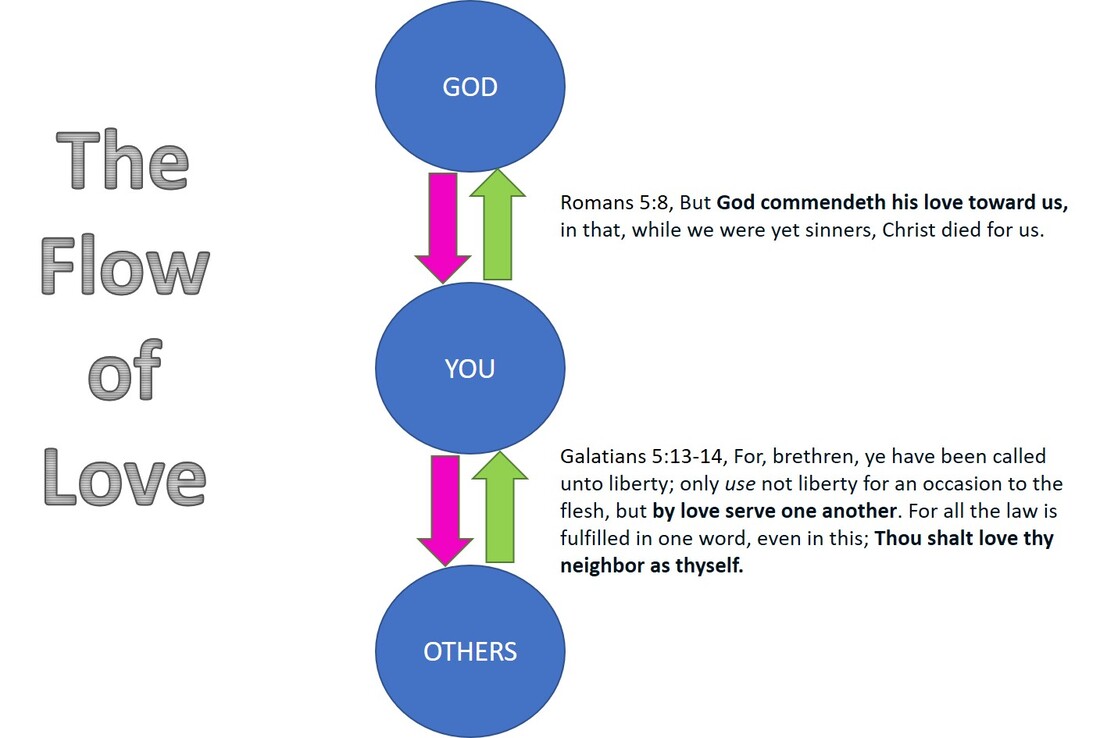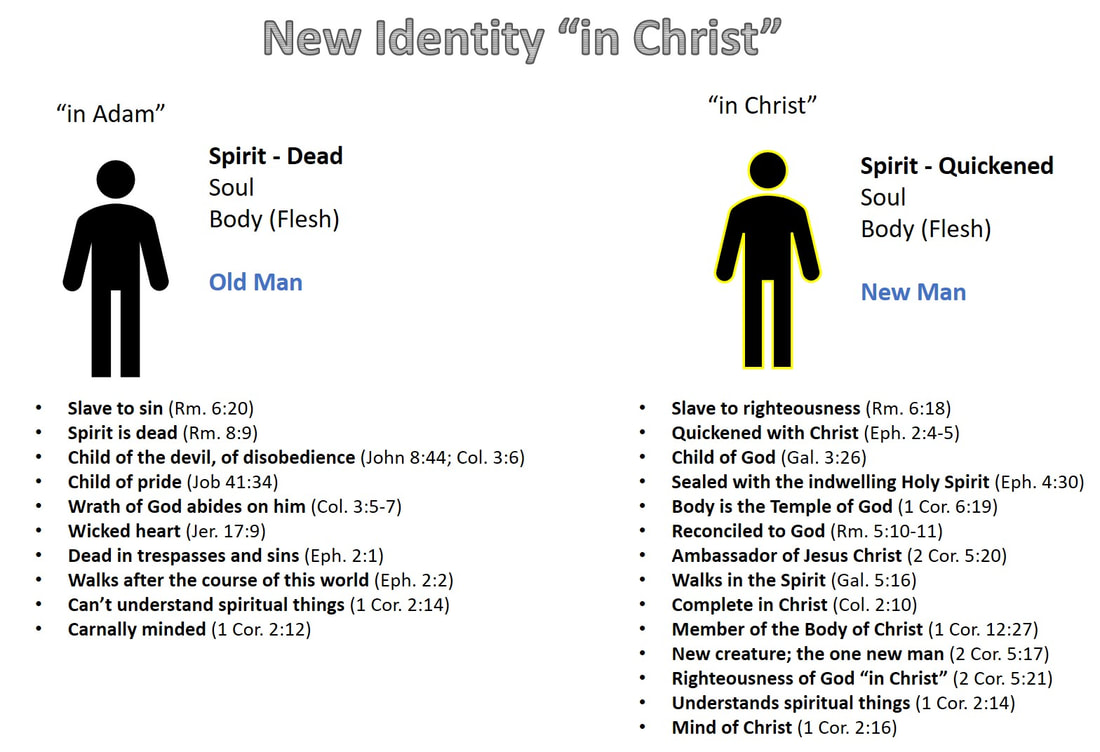Healing Your Heart
A broken heart is something everyone experiences. However, when we ignore our brokenness, it will progressively become more dysfunctional and impact our ability to give and receive love in relationships in a healthy way. This lesson will help you identify areas of unhealed brokenness within your heart. It will also teach you how to receive God's love, love yourself as God loves you, and love others in a healthy way. You will also gain a better understanding of your identity and learn how to walk in who God has called you to be. To complete this lesson, read the material in the white block, watch the video teachings, and complete the reading assignment below.


